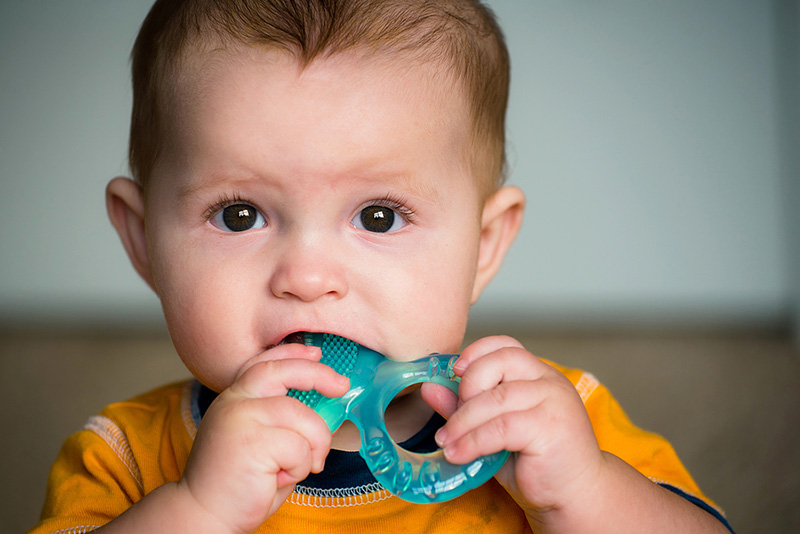
Dental care is an important part of our lives, but did you know that it’s important for your pets too? Just like us, our pets can suffer from cavities & dental disease. In fact, we share a lot with our pets in regard to our oral health.
Periodic Dental Appointments
Similar to our own dental visits, our pets need regular dental appointments to keep their oral health in check. At these appointments, the veterinarian will perform a visual exam &, while the pet is under anesthesia, a full exam using x-rays as well as a clean, polish & necessary treatment. While we need to see a dentist every six months, many pets need just one dental visit each year, though the vet may recommend more based on the pet’s exam.
Common Problems
During a dental exam, vets look for common signs of dental disease, including bad breath, plaque buildup around or under the gums & puffy or red gums. Gum disease is extremely common in dogs & cats, & it can be painful for the animals. Because pets are really good at hiding pain, it’s important to pay attention to their eating habits & report drops in appetite or refusal of food to your vet, though not all pets will show these symptoms.
Daily Care
If the thought of brushing your pet’s teeth intimidates you, you’re not alone. Pets can greatly benefit from daily dental care at home, & with the right flavored toothpaste (beef, chicken, salmon or whatever your pet prefers) & a lot of patience, most cats & dogs will allow daily brushing.
Regardless of how your pet handles toothbrushing, they’ll likely be more on board with the other ways to maintain good oral health: quality food, whether your vet prescribes a dental diet or not, & chew toys & treats that help chip away at plaque. There are even some water additives that help fight plaque.
Exotic Animal Dental Care
Dogs & cats are the most common subjects in conversations about pet dental care, but other animals can experience tooth pain & could benefit from some attention to their chompers.
Regardless of whether their teeth regrow, grow continuously or are gone forever once lost, exotic animals like lizards, snakes, rodents & rabbits benefit from plaque removal & dental disease prevention.
Even animals with beaks instead of teeth, like birds & tortoises, need dental attention in the form of chew toys & tools to keep their beaks, which don’t stop growing, at a comfortable length.
Appointments Before & After Work or School & on Saturdays & Sundays!
Request Online or Call Today!
Related Posts
Hobbies That Improve Dentistry Skills
Dentists need steady hands & keen hand-eye coordination to do their jobs well. In fact, dental schools typically test for those qualities before they allow individuals to join dentistry programs. While steady hands are often a genetic trait, you can improve your hand skills through practice.
The Cutting Truth About Teething
Dentists recommend taking your child to their first dental appointment within six months of getting their first tooth or by 1 year old. Kids can start getting teeth as early as 4 months old, starting with the front teeth.



